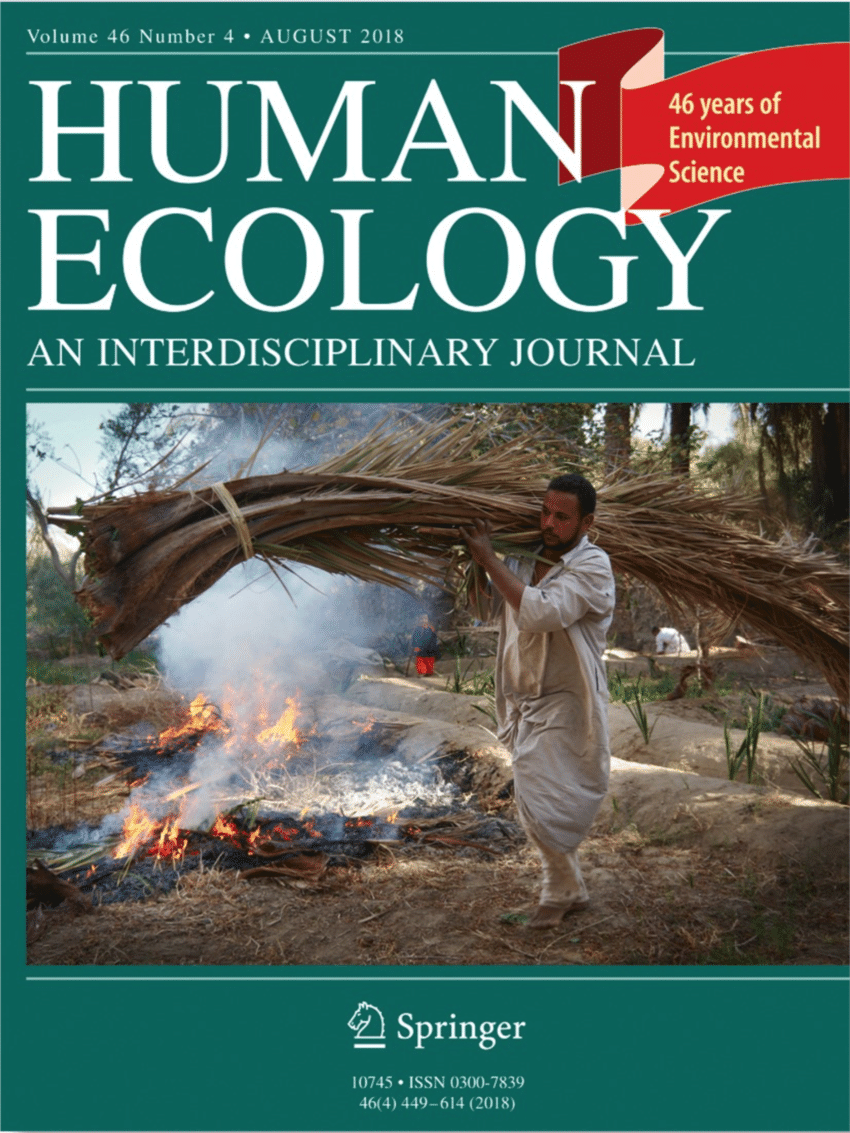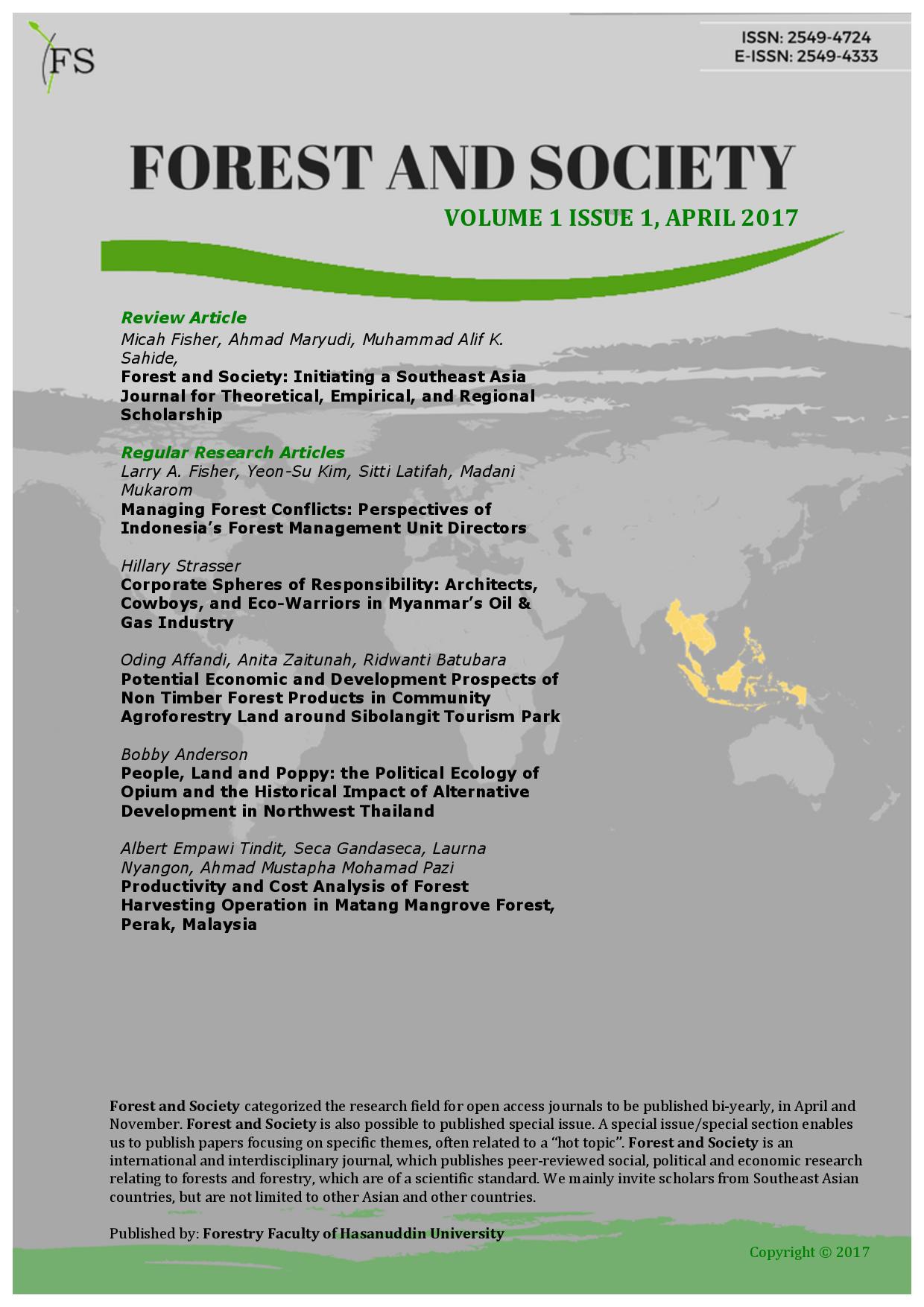There is increasing recognition of the role of Indigenous and local knowledge systems in sustainable land use and conservation practices. However, the evidence base remains fragmented, while local knowledge remains marginalised in many national biodiversity strategies and development plans. This applies to the Tonga people of Zambia and Zimbabwe. Here, we synthesise existing evidence of Tonga knowledge and practices to explore their potential contribution to the implementation of integrated landscape approaches that aim to incorporate multiple stakeholders’ objectives in landscape-scale management. Based on a semi-systematic literature review, we identify how various dimensions of Tonga knowledge contribute to biodiversity, food security, soil conservation, and other well-being dimensions. Research gaps identified include significantly less documented evidence of Tonga knowledge and practices in Zimbabwe and limited attention to the biophysical impact of local practices on land and natural resources. Furthermore, there is limited attention to the historical processes that have led to the erosion of Tonga local knowledge and the political disempowerment of Tonga knowledge holders. The findings contribute to greater recognition and validation of Tonga local knowledge and practices in natural resource governance, particularly how such knowledge can contribute to integrated landscape governance. Finally, the review helps to define a future research agenda based on the knowledge gaps identified.
Download:
DOI:
https://doi.org/10.1016/j.envsci.2023.02.002
Altmetric score:
Dimensions Citation Count:

























